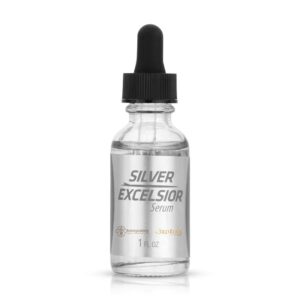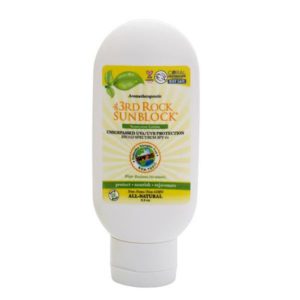The health benefits of pollen are incredible! Bennett’s Honey Farm brings you fresh, raw bee pollen from Northern California. This pollen is superior in flavor, texture, and nutritional content because it is harvested directly from 4th generation, family-run apiaries, cold-stored, and vacuum-packed to preserve the delicate synergistic balance provided by nature.
Each spoonful of these fluffy, soft granules contains millions of pollen grains from a vast variety of flower species blooming in California’s Sierra Mountains and Northern San Joaquin Valley. Discover nature’s most potent multi-vitamin; a broad range of nutrients including essential vitamins, minerals, amino acids, fats and oils, and proteins. Bee pollen added to the daily diet is known to increase energy, boost immunity, balance hormonal production, and improve complexion. The benefits of bee pollen are numerous and well-documented.
Due to the high nutrient potency, bee pollen should be taken in small amounts at first with an increased dosage after a week or two. People prone to allergies and immune deficiency should consult their physician before adding bee pollen to their diet.
It is suggested that you put your bee pollen in the fridge or freezer.
Health Benefits
- Supports respiratory health
- Treat inflammatory conditions and common skin irritations
- Clear asthma, allergies, and sinus problems
- Assist digestive systems
- Support heart health
- Stimulate and restore ovarian function
Why We Love It
- Carbohydrates, protein, and B vitamins provide natural energy
- Rich in antioxidants
- Support a healthy digestive system
- Boost bodies immune system
- Help heal addictions and cravings
- Vacuum-packed to give you the freshest pollen you’ve experienced
How To Eat It
- One tablespoon with some water
- In your smoothie
- On yogurt
- Mix with an arugula salad
Bennett’s Honey Farm Bee Pollen is the brainchild of health-conscious entrepreneur and father Steven Breitbach. Learn more about him:
Message from Steven Breitbach about how the bees are treated:
“First and foremost, my venture into the bee pollen business is based entirely on my enthusiasm and passion for bee pollen in my diet and the diet of my entire family. I have three young children age 8, 10, 12 who have grown through their childhood consuming this pollen almost on a daily basis. If I had to limit my diet to a single food, this bee pollen would be the last thing I would give up. My conviction is that strong.
I have tried pollen from many sources, and have yet to find the consistency in quality, flavor, texture, and freshness that I receive from my fourth-generation supplier who’s beekeeping practices began in 1919 and have been in continuous operation ever since. Profitable apiaries on a commercial scale, as you may be aware, are by nature a complex and challenging enterprise, and I’m proud to be associated with the level of integrity in their practices which have changed little over the century. At times, this pollen is unavailable because everything that the bees bring back to the hive is used to feed the colony, first and foremost. Only when the hives are complete with enough pollen to get through the dormant winter months, do the traps go on, and the pollen is harvested commercially. In other words, the beekeepers I work with, do not replace the natural diet with anything synthetic, such as corn syrup or sugars whether it be GMO or organic. These bees feed only on what they, themselves bring back to feed their colony.
Because these bees pollinate the full gamut of California-grown agricultural products, there is an abundance of pollen in a wide range of nutritional plant species throughout the growing season which yields a variety of color, texture, and flavors. The bees are not intentionally exposed to GMO crops, nor are the bees present during pesticide spraying if/when this occurs. The pollen is randomly tested by an independent third party and consistently comes back clean and free of toxic material. As a result, these colonies are well fed, well cared for, and are for the most part healthy. Medication of the hives is not a standard practice. This is not to say, that invasive species sometimes invade the hives and bring with them diseases that may require occasional medication. This is a common hazard and measures do need to be taken to protect the health of the hives. I am told medication is used sparingly and only when required. Through experience, the beekeepers recognize that over-extracting product from the hives requires a replacement food source, which eventually leads to weakness and disease. A practice that eventually requires continuous medication. This is the unsustainable practice that agri-business has instilled in the industry, not unlike factory farming of meat, poultry, and dairy. The apiaries I work with do not, and have never employed these practices…and that is why I am proud to, not only bring this pollen to the market but also consume, with confidence, this pollen as a staple in my family’s daily diet. Thank you.
I hope I have adequately addressed your concern and that you enjoy this fresh bee pollen as much as we do!!!
Find out more about the nutritional properties of pollen and learn how bees pollinate.


 Purchase this item and get
Purchase this item and get 


